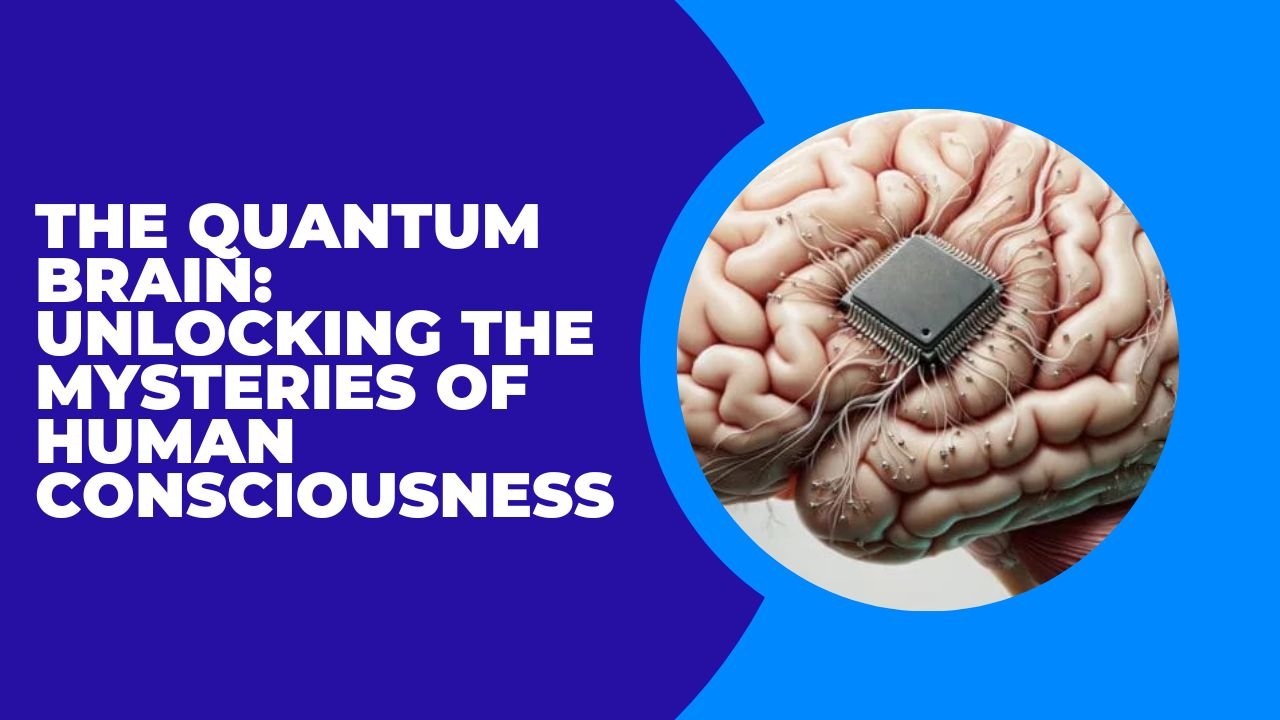Ever wondered how your brain seems to make split-second decisions or remember things effortlessly? What if the secret lies not in traditional neuroscience but in the mind-boggling world of quantum mechanics? Recent research published in the Journal of Physics Communications by scientists Christian Matthias Kerskens and David López Pérez suggests just that—our brains might be using quantum computation processes.
What’s the Big Idea?
Traditional neuroscience assumes that our brain functions are governed by classical physics. But Kerskens and López Pérez found experimental evidence of non-classical brain functions, indicating that quantum mechanics might play a role. Using advanced Magnetic Resonance Imaging (MRI), they detected unusual signals linked to conscious awareness and memory—signals that conventional MRI couldn’t pick up.
In simple terms? Your brain could be processing information in ways we’ve only ever seen in quantum systems.
How Quantum Mechanics Fits Into the Picture
Quantum mechanics deals with the tiniest building blocks of our universe, like particles that can exist in two places at once or become “entangled.” Kerskens and López Pérez hypothesized that similar phenomena might be happening in our brains. Here’s what they did:
- Borrowing From Quantum Gravity Experiments: They adapted methods usually used to study quantum gravity.
- Focusing on Proton Spins in Brain Water: These spins interact with unknown systems in the brain. If entanglement (a key quantum process) occurs, it means those unknown systems are quantum in nature.
- Zero Quantum Coherence (ZQC): This special protocol minimized classical noise and enhanced quantum signals, allowing researchers to detect heartbeat-evoked potentials (HEPs).
These HEP-like signals appeared to correlate with conscious thought and short-term memory—suggesting our brains may harness quantum processes for cognition.
Quantum Entanglement and Consciousness
One of the study’s most fascinating findings is the potential link between quantum entanglement and consciousness. Researchers noticed that ZQC signals appeared only under specific conditions tied to conscious awareness. Could consciousness itself act as a mediator for quantum entanglement in the brain?
While it’s still early days, this theory could revolutionize our understanding of how we think, feel, and perceive the world. Imagine consciousness not as a byproduct of classical physics but as a quantum phenomenon—the implications are staggering.
Why This Matters
The discovery of quantum processes in the brain could change how we understand everything from learning to decision-making. Here’s why:
- Outperforming Supercomputers: Quantum processes might explain why the brain can handle complex, unforeseen scenarios faster than even the most advanced supercomputers.
- Revolutionizing Technology: Insights from this research could lead to breakthroughs in quantum computing, bridging the gap between neuroscience and cutting-edge tech.
- New Frontiers in Neuroscience: Future studies may need to merge quantum mechanics with traditional neuroscience to fully grasp the brain’s complexities.
Table: Classical vs. Quantum Brain Functions
| Aspect | Classical Brain Functions | Quantum Brain Functions |
| Basis | Classical physics | Quantum mechanics |
| Information Processing | Linear, sequential | Parallel, probabilistic |
| Speed | Limited by neural pathways | Potentially faster through entanglement |
| Learning | Based on experience | Enhanced by quantum coherence |
| Consciousness | Emergent property of neurons | Linked to quantum entanglement |
The Road Ahead
This research opens up a Pandora’s box of questions. Can we harness these quantum processes to develop better AI or treat neurological disorders? Could studying the brain’s quantum mechanics give us clues to build more advanced quantum computers?
One thing is certain: the intersection of neuroscience and quantum mechanics is a thrilling frontier. As researchers delve deeper, we may soon uncover secrets about human cognition that challenge everything we thought we knew about the brain.
So next time you have a “lightbulb” moment, remember—it might just be your brain’s quantum magic at work!

